Powerful New Mini Microscope Will Enable Precision Cancer Surgery
Mekhail Anwar leads a multi-institution $15 million grant from ARPA-H to develop imaging technology to improve cancer surgery.
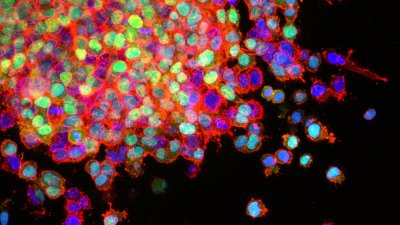
University of California San Francisco
Give to UCSFMekhail Anwar leads a multi-institution $15 million grant from ARPA-H to develop imaging technology to improve cancer surgery.

A breakthrough study shows how a ketogenic diet alters human metabolism and makes a particular pancreatic cancer drug effective by starving tumors of fat that they feed on to grow.

Results from a national study led by UCSF informed the first guidelines at the federal level in the U.S. to detect and treat anal cancer precursor lesions in people with HIV to reduce the risk of developing anal cancer.
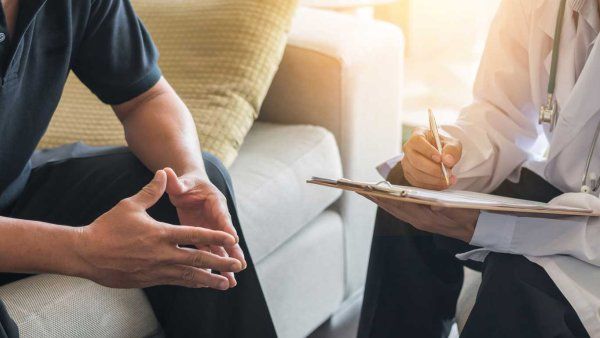
Transgender women on hormone therapy tend to skew artificially low on prostate cancer screening tests, which may give false reassurance and delay diagnosis and treatment, reports a new study led by UC

Oncology specialists from around the world came together for the 2024 American Society of Clinical Oncology (ASCO) Annual Meeting to discuss the latest developments in cancer care, research,

Three UC San Francisco scientists have received 2024 Pew awards to fund their research in neuroscience and cancer: cognitive scientist Vijay Mohan K Namboodiri, PhD; bioengineer Justin Eyquem, PhD; and postodctoral student Jovanka Gencel-Augusto, PhD.
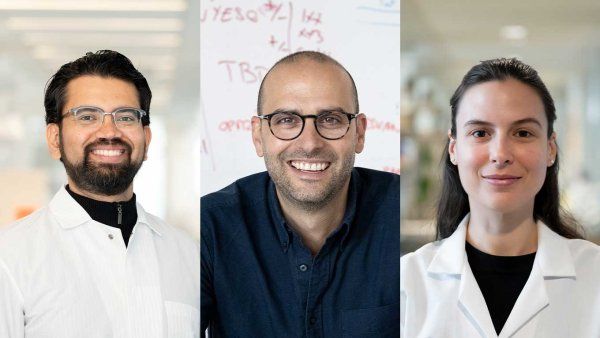
Our genome may one day serve as a passport guiding our health care – from cradle to grave.
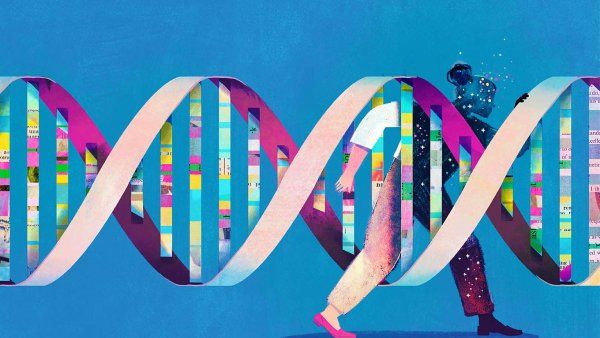
Researchers have found links between lung microbial communities and mortality risk in pediatric bone marrow transplant patients. Metagenomic sequencing revealed distinct patient clusters and unexpected pathogens, highlighting the need for precise diagnostics and therapeutics. Antibiotic treatment was associated with bacterial depletion and enriched viral and fungal populations.

Energy expended for hospital and clinic electricity, climate control and ventilation is by far the biggest source of greenhouse gas emissions in radiotherapy, a treatment used in more than half of cancer cases.

UCSF will lead the first long-term study of cancer among Asian Americans, a highly diverse yet understudied group, with the help of a $12.45 million grant from the National Cancer Institute (NCI).
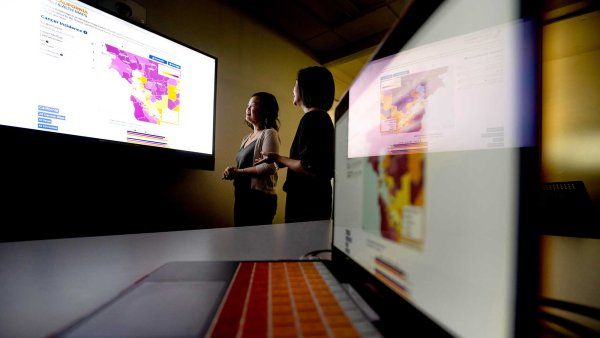
Eating more fruits, vegetables, nuts and olive oil could significantly reduce the chances of prostate cancer progression.

Leading cancer researchers from UC San Francisco presented talks about advances in targeted therapy, cancer genomics, eliminating treatment disparities and other cancer research topics at this year’s

New CAR-T gene therapy techniques could extend survival for patients with glioblastoma.
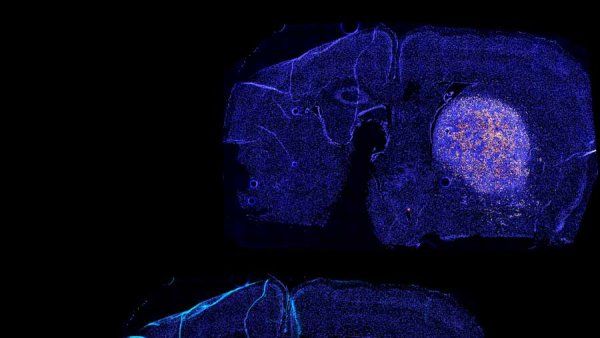
UCSF scientists have been awarded more than $30 million to develop “tissue GPS,” a new system using engineered T cells to guide therapies directly to their targets in the brain to treat neurological diseases like cancer, multiple sclerosis and Alzheimer’s.
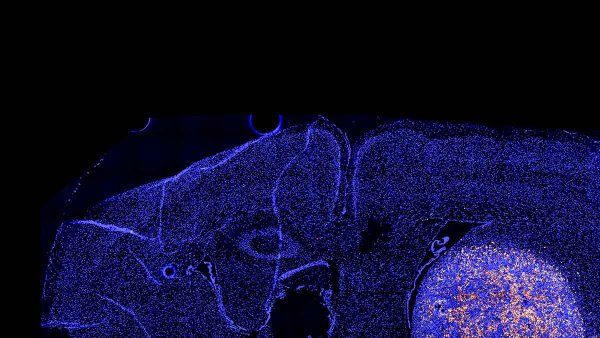
Researchers recently identified a universal, essential biomarker for the childhood cancer neuroblastoma – and the biomarker could be a potential new target for treatment. Neuroblastoma accounts for

A new drug candidate permanently modifies a wily cancer-causing mutation, paving the way for making pancreatic cancer treatable, or perhaps even curable.
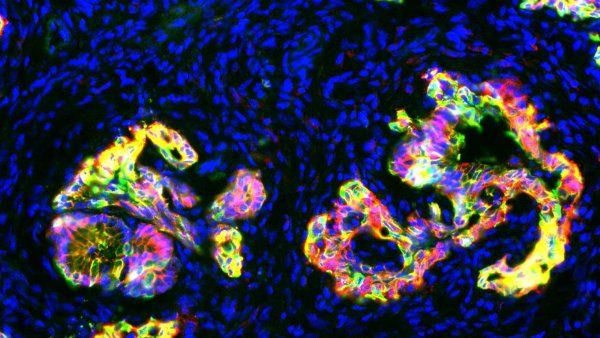
Juvenile myelomonocytic leukemia (JMML) is a rare but aggressive childhood leukemia. While hematopoietic stem cell transplantation is curative for some patients, approximately half of all patients see

Tracey Woodruff, PhD, MPH, offers insights on what her research on microplastics has led her to change how she and her family eats and what cleaning products she uses.
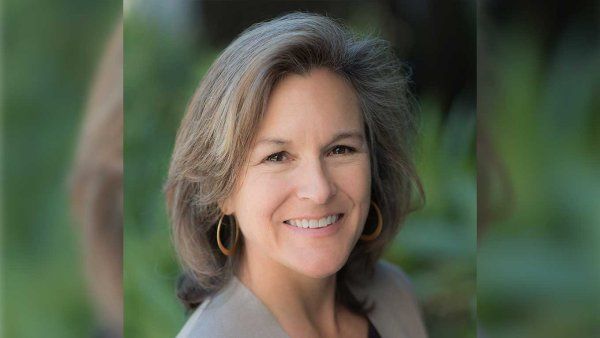
Cancer immunotherapy is hindered by the fact that engineered immune cells often get worn out and depleted before they've killed a tumor. A UCSF team has identified mutations that give cancerous lymphoma T-cells their superpower and transfer those genes into engineered, therapeutic immune cells.
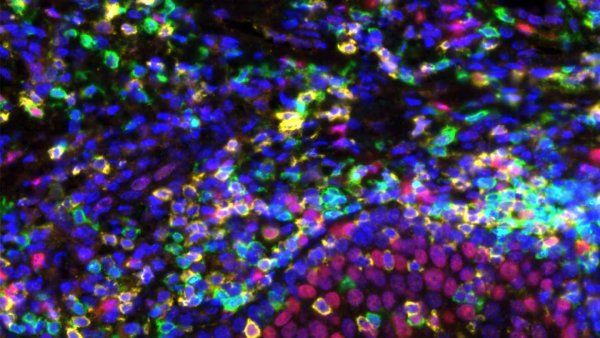
Combining testosterone-blocking drugs in patients with prostate cancer relapse prevents the spread of cancer better than treatment with a single drug.
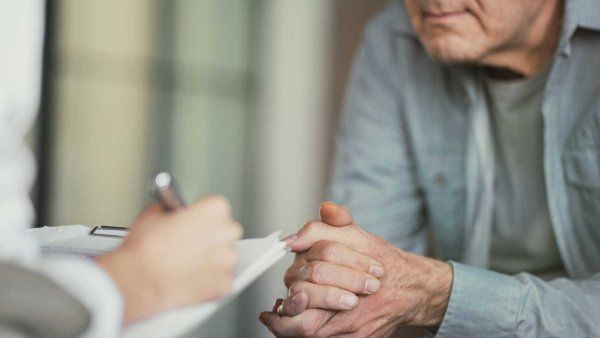
UC San Francisco’s Thomas G. Martin, MD, a leading expert in blood cancers, has received a grant of nearly $4.6 million from the California Institute of Regenerative Medicine (CIRM) to produce a CAR T

Cell biologist and engineer Matthew Kutys, PhD, and his team harness organoids – living tissues derived from patient tumors – to study how cancer spreads.
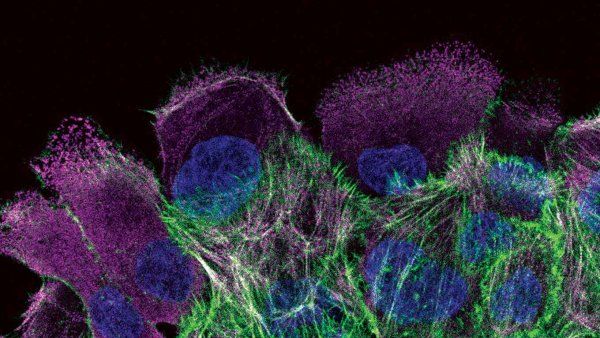
Eric J. Small, MD, UCSF professor of Medicine and Urology Credit: UCSF The American Society of Clinical Oncology (ASCO) has elected Eric J. Small, MD, FASCO, to serve as its president for the term
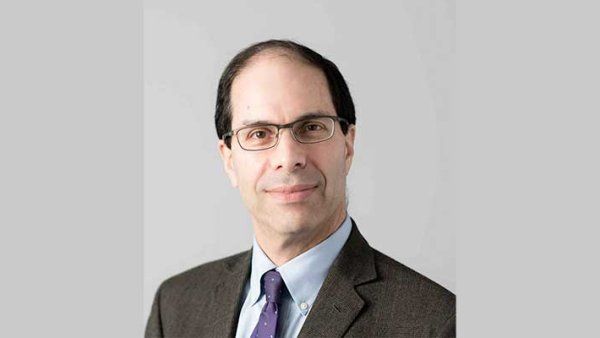
Researchers at UCSF and UC Berkeley are investigating the impact of pre- and post-natal exposures to tobacco smoke on the survival rate of children with acute lymphoblastic leukemia (ALL) and acute myeloid leukemia (AML).

Hematologists and oncologists from around the world will present new research and clinical findings at the American Society of Hematology’s (ASH) 65th Annual Meeting and Exposition. This year’s meeting will be held in San Diego from Dec. 8-12, 2023.
